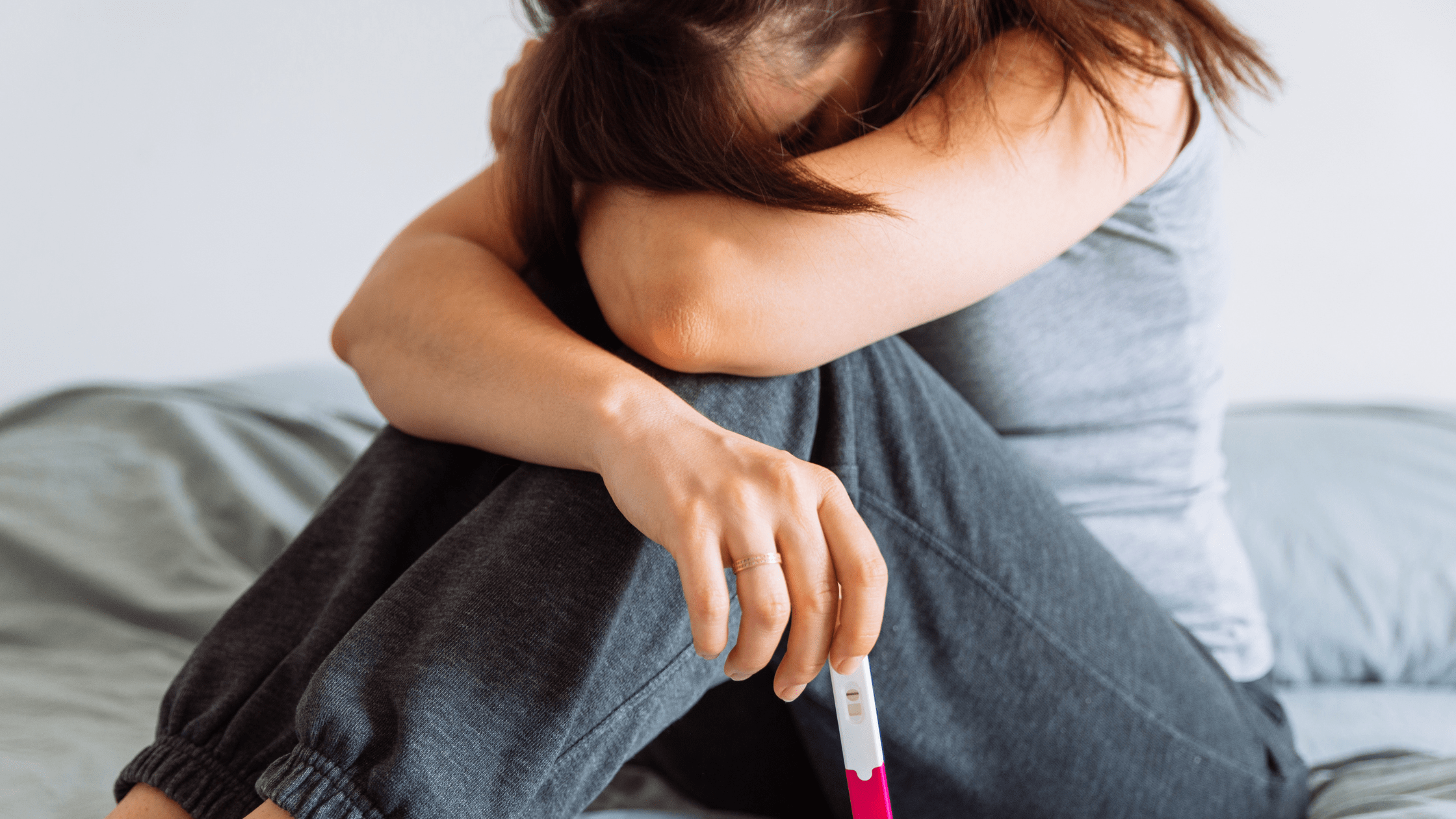Busting Infertility Myths

You may not be conceiving as quickly as you had hoped to or expected to, however, stress caused by mis-information doesn’t help, which is why we’ve researched into some questions you may want the answer to, but don’t really want to ask.
Does masturbation cause infertility?
No. Female masturbation and male masturbation do not cause infertility.
However, for a man’s sperm to be in optimum condition for conception, he should abstain from masturbation for at least 1-2 days before sexual intercourse, or before producing his sperm sample for IVF. Interestingly, many sources also suggest that abstaining from ejaculating for long periods of time may have a detrimental effect on sperm quality too.
Does having an abortion cause infertility?
No. The NHS website states that, ‘Having an abortion will not usually affect your chances of becoming pregnant and having normal pregnancies in the future.’
However, the NHS website also says, with regard to abortion, that, ‘there’s a very small risk to your fertility and future pregnancies if you develop a womb infection during the procedure that’s not treated properly.’
Does the Covid Vaccine cause infertility?
No. A review of data by the UK’s health regulator, shows that COVID-19 jabs don’t affect fertility, or the chance of a healthy baby.
In fact, the vaccine is recommended to both women and men who are wanting to start a family.
With regard to men, Albert Hsu, MD, said, ‘Men who are worried about their fertility should probably get the Covid 19 vaccine, as there are some concerns about the potential effect of Covid-19 disease on male fertility.’ Concerns have included a possible impact on testicular function and sperm production, as well as some reports of testicular pain after contracting Covid-19.
With regard to women, Laura Morris, MD, said, ‘Pregnant women get sicker when they get Covid compared to people their age and pregnant people with Covid are more likely to experience preterm delivery.’
Does having a yeast infection cause infertility?
No. A yeast infection doesn’t cause infertility.
However, the itchiness and irritation associated with a yeast infection will decrease the likelihood of wanting to have intercourse.
Does having irregular periods cause infertility?
No.
However, having irregular periods can make your cycle more difficult to track and it’s then harder to predict your most fertile times. Also, if you are having less periods than every 28 days, you will ovulate less, which means that your chances of conceiving are also lower.
Does having ovarian cysts cause infertility?
No. The cysts themselves show that the reproductive system is working.
However, Polycystic Ovary Syndrome (PCOS) is a common and often treatable cause of infertility.
Does chlamydia cause infertility?
Sometimes, in both women and men, having untreated chlamydia can lead to other complications, including infertility.
Does having mumps cause infertility?
Rarely. The NHS states that, “Just under half of all males who get mumps-related orchitis notice some shrinkage of their testicles and an estimated 1 in 10 men experience a drop in their sperm count (the amount of healthy sperm their body can produce). However, this is very rarely large enough to cause infertility.”
Does endometriosis cause infertility?
Rarely. Although endometriosis can make it much more difficult for women to get pregnant, most women who have mild endometriosis are not infertile. Surgery which removes endometrial tissue can improve the chances of pregnancy for many women.
It’s important to remember, that when it comes to fertility, the medical professionals are used to dealing with people with a wide variety of conditions, concerns, questions and anxieties. It’s OK to ask questions, either to put your mind at rest, or to see how the GP or specialist may be able to help you.
Here at the IVF network, we provide information, support and advice, on our website, in our blogs and through our dedicated channel, to help you to make informed choices, throughout your fertility journey.